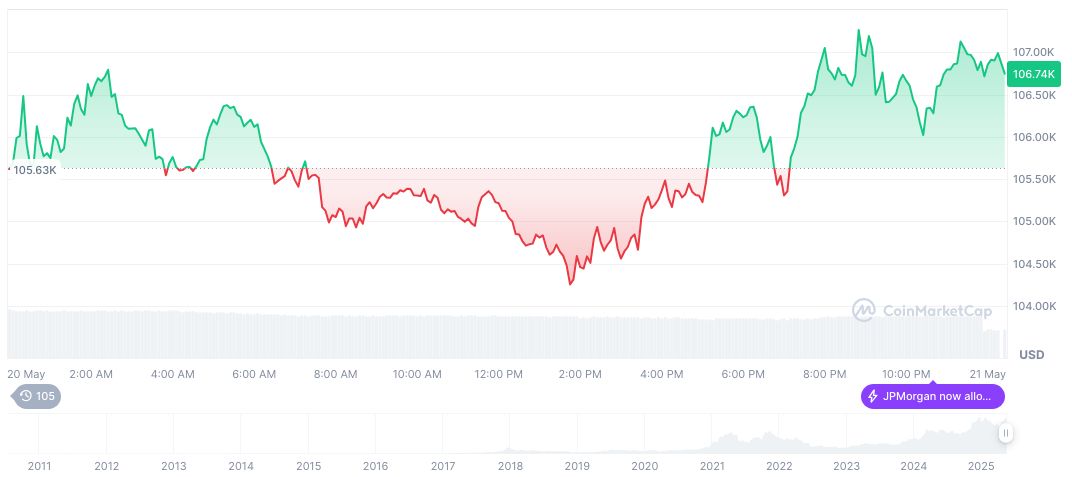- Arrests in Guo Congyuan’s case emphasize cryptocurrency’s role in money laundering.
- Suspects detained in the Philippines; key suspect Jonin Lin remains at large.
- Growing intergovernmental cooperation to track cryptocurrency transactions and suspects.
The recent arrests of Gong Wenli and Wu Jiaping in connection to the kidnapping and murder of Guo Congyuan have brought significant attention to the risks of cryptocurrency being used for crime and laundering.
The suspects were arrested in Boracay, Philippines, and the case has raised concerns regarding the use of cryptocurrency in ransom payments. The investigation emphasizes the need for closer scrutiny of crypto transactions.
Arrests in International Crypto Case Highlight Laundering Risks
Guo Congyuan, a prominent businessman known as the “Steel King”, was kidnapped and murdered. Suspects Gong Wenli and Wu Jiaping were arrested in Boracay, Philippines.
The arrests in Guo Congyuan’s case highlight concerns over cryptocurrency in crime and laundering. The international investigation underscores growing scrutiny of crypto transactions.
Authorities are focusing on intergovernmental cooperation to track funds and suspects. Philippine National Police, represented by Brig. Gen. Jean Fajardo, is exploring possible links to offshore gaming operators, as noted in a recent press statement.
Crypto’s Role in Kidnapping: A Call for Stricter Regulation
Did you know? Kidnappings involving Chinese-Filipino businessmen have previously drawn attention to offshore gaming operators in the Philippines, sparking scrutiny on financial flows and anti-money laundering practices within the region.
As of May 21, Bitcoin’s price is $106,943.65 with a 24-hour trade volume of $50.33 billion, according to CoinMarketCap. Market dominance stands at 63%, reflecting a significant impact on the broader cryptocurrency market.

The Coincu research team suggests that these incidents may lead to stricter regulatory frameworks regarding digital assets. They foresee a potential increase in transnational cooperation to combat cryptocurrency crimes, leveraging past cases to guide future policy-making.























